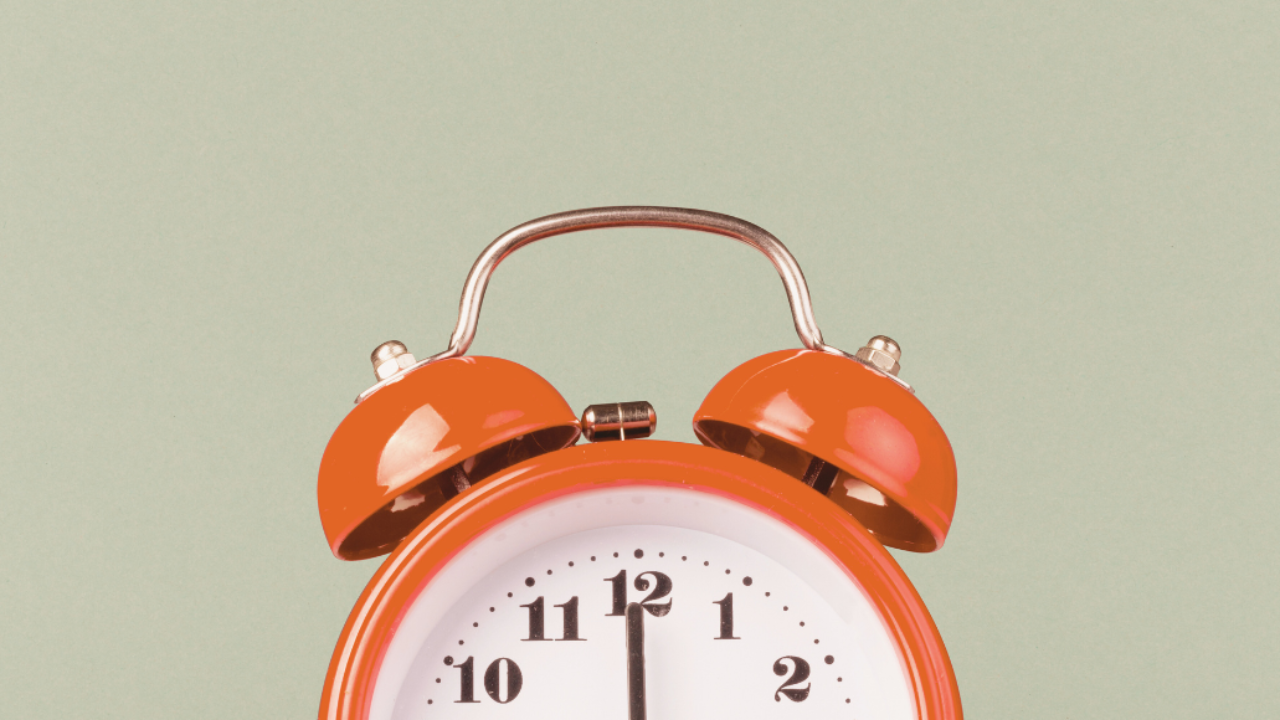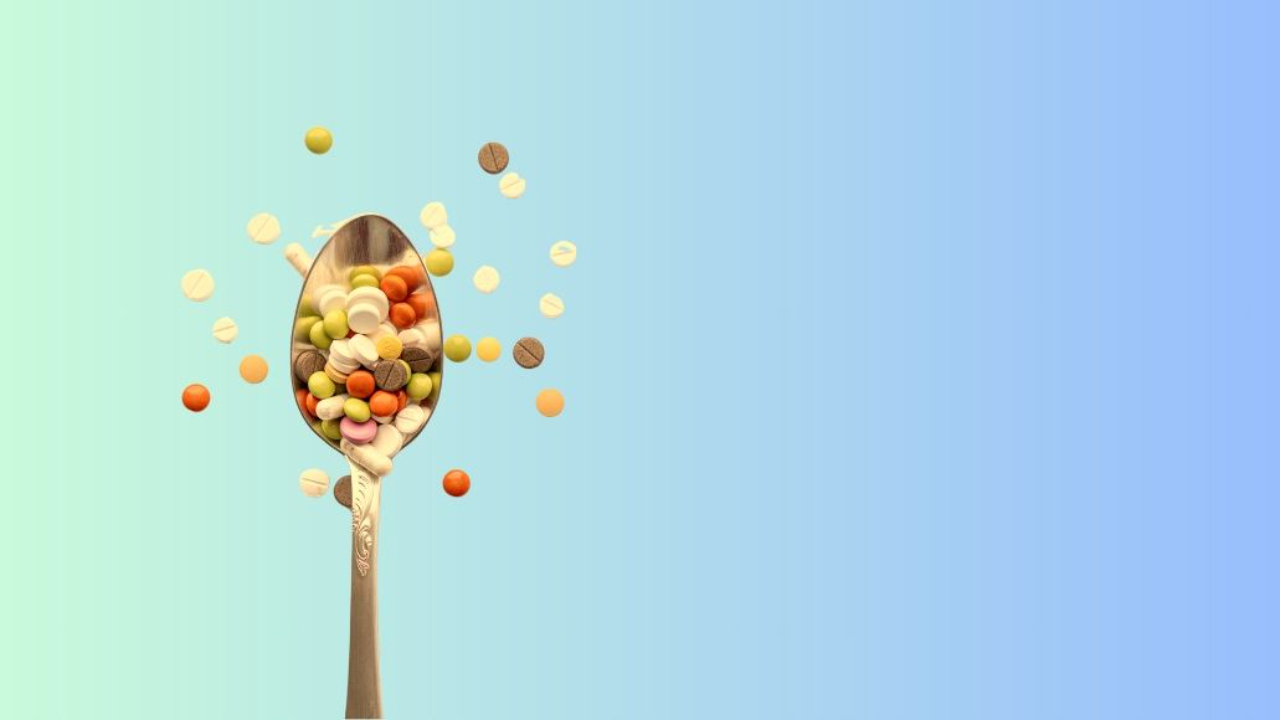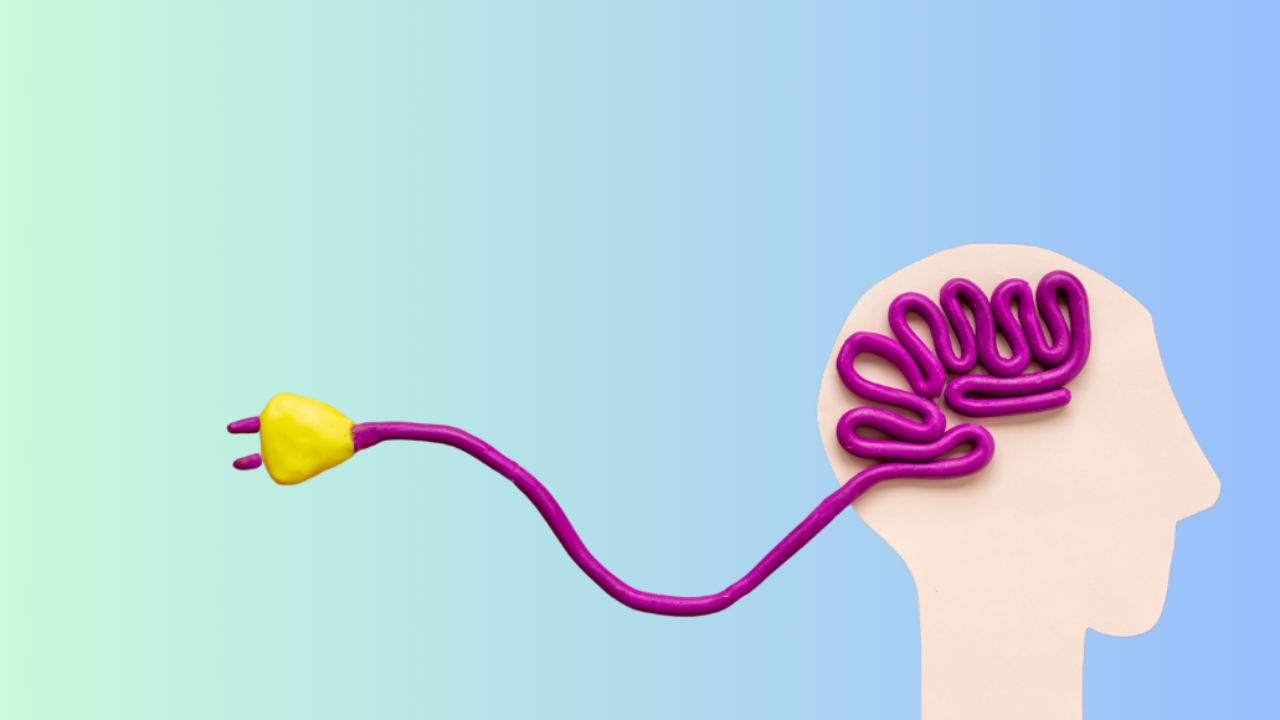Why Sleep Won’t Come: The Hidden Trap of Active Waiting

A week ago, a student shared something with me that comes up regularly. He had come a long way in leaving the insomnia struggle in all regards except one: he wasn’t sleeping more.
He was no longer worried or anxious. He wasn’t taking supplements, listening to meditation tapes, or trying to force sleep in any way. He was no longer limiting his days, and was living a rich, fulfilling life.
The reason his nights were still unsettled? As surprising as it may sound, waiting for sleep to return can become the reason it doesn’t.
It all comes down to intent.
Less worry, living freely, and stepping away from efforts to control what can’t be controlled—these are wonderful shifts on their own. They’re deeply meaningful. But here’s the tricky part:
When we hear stories of someone who learned, practiced courage, let go of struggle, and then naturally found themselves sleeping more, it can accidentally create the impression that we’ve discovered a prescription for sleep:
Worry less. Live mo...
When Will My Insomnia End? Realizing Recovery Is Not Measured in Time

If you’re a high-achieving professional who thrives on schedules, deadlines, and measurable results, you probably expect the same logic to apply to sleep. Yet if you struggle with chronic insomnia, you’ve likely discovered the frustrating truth: no matter how much you achieve during the day, restful sleep often remains elusive. You’ve done everything right… except understand sleep.
A Moment of Insight
During a coaching call with one of our Sleep Coach School trainees, she paused and shared a simple but powerful insight: “Recovery is not measured in time.”
For adults who overthink and overachieve, this idea can feel almost radical. We naturally track progress in hours, days, or weeks — at work, at the gym, in every project we manage. But sleep is different. It is automatic and effortless, and the more we try to control it, the more it resists.
The Timeless Way
What do you measure in units of time in your life? Seconds, hours, weeks, years — the list is endless.
Maybe it’s been two...
How is Insomnia Treated?

Why a Gentler Approach to Insomnia Might Be Just What You Need
Arie, a 38-year-old father of two, never thought he’d struggle with insomnia. But after a demanding six months of sleepless nights, his search for answers led him to Cognitive Behavioral Therapy for Insomnia (CBT-I). At first, he was hopeful. CBT-I promised a structured path to better sleep. Yet, when he tried stimulus control and sleep restriction—the cornerstone techniques of CBT-I—things didn’t improve. In fact, they felt worse.
“It was so rigid and controlling,” Arie shared. “Instead of helping me relax, it made me even more anxious about sleep. I started to dread bedtime.”
Arie’s experience is not uncommon. If you’ve struggled with sleep, you might have wondered, “How is insomnia treated?” While CBT-I is often the first recommendation, it isn’t the only path to finding rest. Let’s break down what CBT-I involves and explore why a gentler, less controlling approach may be just what you need.
CBT-I:...
Can Insomnia Go Away?

Sophie had always been a planner. At 40, she was deeply dedicated to her family and work, but for years, insomnia had been a heavy weight she carried silently. Nights stretched long and restless, filled with worry and frustration. She tried everything—sleep hygiene routines, herbal teas, even medication—but nothing seemed to ease her struggle.
She often wondered, Will I ever sleep like I used to? Will this ever go away?
And then, something unexpected happened.
The Adventure That Changed Everything
It began with a simple invitation. A friend had dropped out of a month-long volunteer trip to Patagonia, leaving a last-minute opening. Normally, Sophie would have said no—too much to organize, too much responsibility, too worried it may make her insomnia worse. But something inside her stirred. The thought of hiking in the Andes, camping under open skies, and rediscovering herself felt both terrifying and thrilling.
So, with a mix of excitement and nerves, Sophie said yes.
The trip was...
What Does Insomnia Do to the Brain?

A common question people have about insomnia is, “What does insomnia actually do to the brain?” To answer this, let’s break it down into two parts, starting with what insomnia does not do to the brain.
What Insomnia Does Not Do to the Brain
Firstly, there’s no evidence that insomnia causes any kind of permanent damage to the brain. Research has never shown that insomnia makes us "go crazy," become psychotic, or causes any lasting brain injury. This can be really comforting to know, especially if you’ve been lying awake at night, worrying that lack of sleep is harming you in some irreversible way.
Understanding this can be very helpful because insomnia itself stems from a fear of not sleeping. When we start to think that insomnia will cause brain damage or lead to losing control, it reinforces that fear, which then keeps insomnia going. Simply knowing that insomnia does not cause any damage can be a big relief. It’s a reassurance that while insomnia is uncomfortable and can be frustr...
What diseases cause insomnia?

If you’ve been struggling with sleep, you might find yourself lying awake at night, wondering if there’s something wrong with your body or mind. Perhaps you’ve asked yourself if a disorder or an illness is causing your wakefulness. This is a question that can be worrying and overwhelming, especially if sleepless nights have become a pattern. So, let’s unpack this together in a way that hopefully brings some clarity—and peace of mind.
Sleep Disruption vs Insomnia
Let’s start by drawing a distinction between sleep disruption and insomnia. The two are often confused but are actually very different.
Sleep disruption is when something external is causing you to have a rough night’s sleep. Maybe you’re sick with a cold, or you’ve injured yourself, or you’re going through a stressful period. In these cases, your sleep might be choppy or disturbed for a while, but it returns to baseline once the issue is resolved. It’s temporary and secondary, tied directly to something going on ...
Who gets insomnia?

If you've had trouble sleeping, you may have wondered if only people with a certain genetic make up, life experiences or habits have sleep troubles? The answer to this question, perhaps you’ve figured, could help you not only understand your own situation, but highlight the way back to peaceful sleep.
And it certainly can.
The answer is that anyone can find themselves in a sleep struggle, but those of us who end up with insomnia do share some traits.
In other words, although people from all backgrounds, all ages, all corners of the world, with all different types of temperaments have been known to have insomnia… there tends to be a set of personality aspects that make it more common. Let’s summarize these as the high achiever.
The high achiever
The high achiever is driven, Type A, hardworking, goal-oriented, and health conscious. They don’t give up easily and when things don’t go as planned, they try harder and often criticize themselves for not having achieved what they set o...
What should I do when insomnia strikes?

Did you know that ‘strike’ is one of the most common words we use when we ask what to do when we have trouble sleeping?
It’s not difficult to see why, because when we suddenly find ourselves anxiously awake at night, we can feel as if we have been struck.
Now the answer to what to do in this situation, paradoxically, lies in taking a close look at the very question we are posing.
When we use the word strike, we are implying that something has hit us. Someone or something has landed a blow that kept us awake rather than knocked us out. And naturally, when we feel attacked, we want to defend ourselves. We want to strike back.
But before we do something drastic, it truly helps to look at where exactly the first blow came from?
The first blow
Here’s the thing, when our brain senses that we are in some form of danger, it activates our safety system, our fight and flight system. As part of this system being activated, we become more perceptive, more vigilant and more awake.
This...
When is Insomnia a Problem?

If you’ve ever found yourself lying awake at night, staring at the ceiling, wondering if your insomnia is something you should be worried about, you’re not alone. Many people who struggle with sleep eventually start questioning whether their situation is more than just a rough patch and whether they’re at risk for something more serious. It’s natural to want to know—how can you tell if your sleep troubles are different, if they're a sign of something bigger, or if they call for medical concern?
Looking for answers
You might have started searching for clues, looking up how much sleep you should be getting, comparing your nights to a checklist of insomnia symptoms. Maybe you’ve wondered if missing a few hours here and there could have long-term effects on your health. Perhaps you’ve thought, “If I can’t fall asleep soon, will this take a toll on my body or mind?”
First, it’s important to remember that anyone concerned about their health should talk to a doctor. But here’s something th...
How is insomnia diagnosed?

Insomnia is diagnosed when a patient tells their doctor that they have difficulty staying and/or falling asleep.
If this has happened for less than three months, the doctor will diagnose acute insomnia.
If this has happened more than three times per week for more than three months, the doctor will diagnose chronic insomnia.
But this probably is not what matters to you at all.
If you’ve wondered how insomnia is diagnosed, you’ve surely also wondered if you have insomnia yourself, and how to sleep well again.
And this is what matters to you.
Let us therefore find out whether you have insomnia and how you’ll find peaceful sleep again.
Do I have insomnia?
Telling you that you have insomnia is just like the formal diagnosis of insomnia, a completely subjective affair.
In other words, neither require a blood test or a sleep study or anything besides your own experiences.
Now remember, a doctor HAS to put a diagnosis code in their note or they will not be able to charge the...

